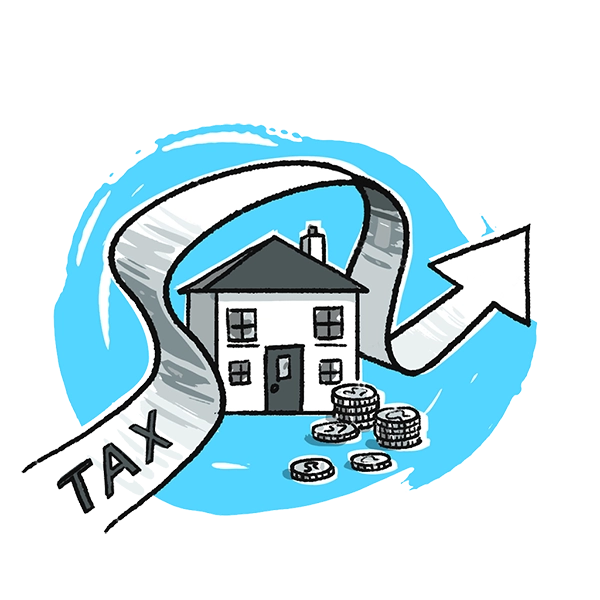Part 2
How does Capital Gains Tax work during probate?
During probate, the executor is responsible for calculating and paying any tax that is due, including Inheritance Tax, Income Tax, and Capital Gains Tax.
Capital Gains Tax might apply when the executor sells items from the estate for a profit if the profit is above the £12,300 threshold. You may need to sell items or property during probate if you feel that it is in the beneficiaries’ best interests to receive funds from the sale of the item rather than the item itself. If Capital Gains Tax is applicable, the executor will need to pay this using money from the estate before distributing funds to the beneficiaries.
If the beneficiaries inherit the physical asset rather than the funds collected from a sale, then they decide to sell it themselves later, they may also be liable for Capital Gains Tax if they make a profit that surpasses the £12,300 threshold.
At Kwil, we offer a full estate administration service through which we can calculate all tax applicable on the estate including Capital Gains Tax. We will oversee any sales and work out whether Capital Gains Tax is applicable so that you can rest easy knowing that everything is being taken care of for you by legal experts.



